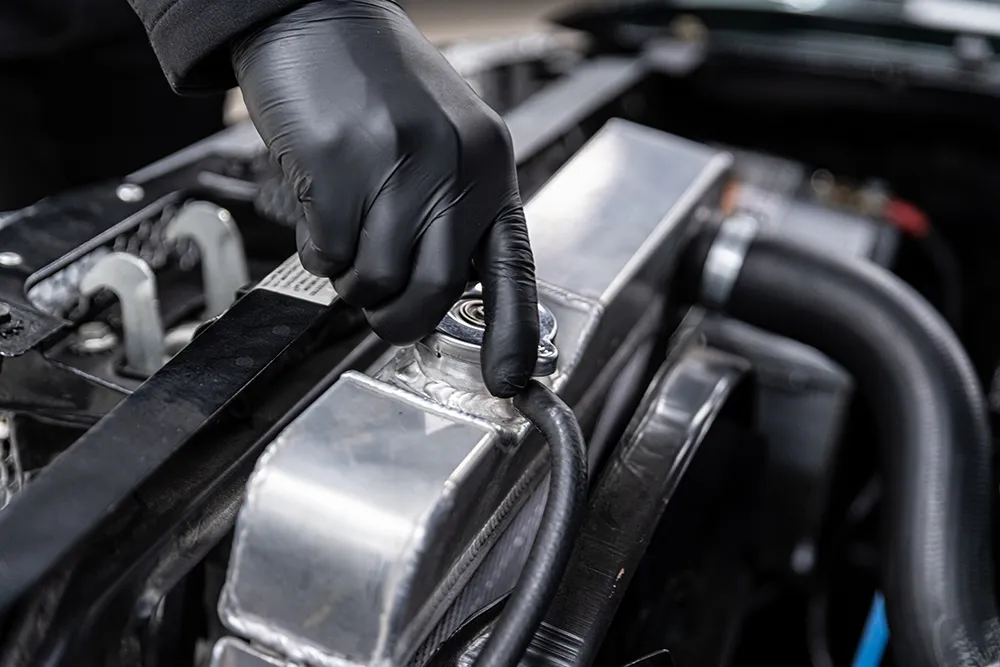Your vehicle’s radiator is an essential part of its cooling system, responsible for maintaining a proper operating temperature for the engine to function efficiently. However, leaks in your radiator can cause low coolant levels, overheating, and engine damage. If you suspect a radiator leak, it’s vital to address the problem quickly before it causes more significant problems. We’ll explain the typical signs of a radiator leak and how to detect if it’s time to replace it.
Detecting A Radiator Leak
Radiator leaks are sometimes not easy to spot. A telltale sign of a leak is the odor of antifreeze from the engine. Another clear sign of a leak in the radiator is if the engine temperature gauge reads hotter than usual. Sometimes, a damaged hose or pressure cap can also cause leaks, so inspecting all parts of the cooling system is recommended.
Repair Or Replacement?
The severity of the leak determines whether you should repair or replace the radiator. Patching small leaks using sealants or epoxy is a temporary solution, and such fixes don’t always hold. A significant leak requires complete radiator replacement. In most cases, radiator leaks often signal a more significant underlying problem with the cooling system that may require a professional technician’s attention.
Radiator Replacement
If the mechanic recommends a new radiator, you must select the correct model for your vehicle. Before purchasing a new radiator, ensure it fits your car’s make, model, and year. Fitting the correct size radiator, determining which side the coolant inlet and outlet go to, and fitting the correct transmission lines are essential tips to consider when replacing a radiator. The radiator should also be flushed with a coolant flush solution before installation.
Cost And Durability
The cost of a replacement radiator varies based on the make and model of your vehicle. However, when it comes to the durability of the radiator, it’s always advisable to choose one that meets and exceeds the recommendations for your automobile’s make and model. Investing in a high-quality radiator may save you time and money in the long run and prevent future overheating and engine damage.
Addressing radiator leaks promptly will save you time and money, and prevent significant engine faults. Signs of leaks include steam or antifreeze odors, a hotter-than-usual engine temperature gauge, and low coolant levels. Whether you’re repairing or replacing a faulty radiator, selecting the right part for your vehicle, following proper installation procedures, and investing in a high-quality replacement radiator will ensure your vehicle runs smoothly for years. Consult a reliable mechanic if you suspect a radiator leak or require a replacement radiator, and they’ll gladly assist you.

